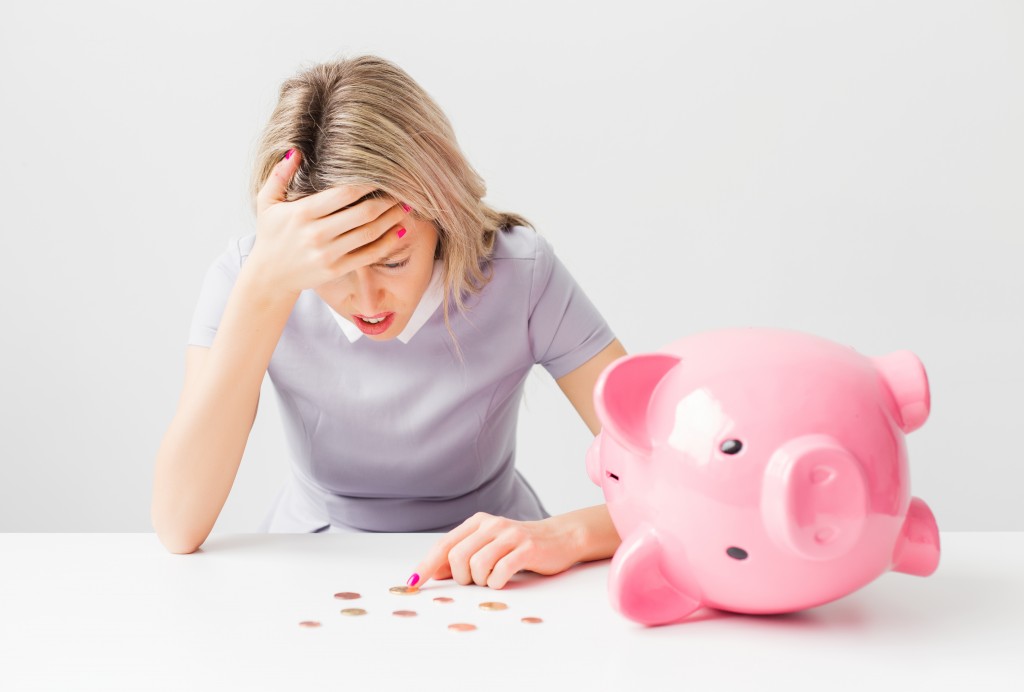It can be frustrating to reach the end of the month and not have any money. If this is you, you should consider improving your spending habits. It will not be easy since habits can be hard to change, but they can be worth it in the long run. Here are some things you should focus on:
Identify Your Bad Spending Habits
The first step to take is to identify what you are doing wrong. You might have several spending habits that you don’t know are bad. For example, treating yourself to coffee from the corner Starbucks might not seem like much, but that can add up over time.
If you want to identify whether it is a bad habit, the simple solution is to look at how it affects your bank account. But a more effective way is how it makes you feel. When you make a wrong spending decision, it often feels great at first. But as time passes, you start regretting the purchase. If any spending you do makes you feel bad in the long run, then it is the sort of spending habit you need to break or change.
Know The Difference Between Needs And Wants
Many people make the mistake of thinking that they need many things. The truth is that you don’t need much. There are several necessities that you cannot live without, but you want more things that you need. Your goal is to have a clear idea of what you need. Food for the next few weeks is an obvious need. It doesn’t have to be fancy, but it can be delicious so you can afford to spend extra. You also need to pay for utilities like electricity and water. Your housing is another thing you need.
Wants are things that you can do without. The question to ask yourself before you spend on something is whether you can live your life without it around. That great new gaming console looks incredible, but you don’t need it to live. Delay your gratification and consider your purchases before you make them.
Only Spend Money That You Have
One major money problem that people have is that they spend money that they don’t have. Credit cards allow people to have more purchasing power, but this only delays the payment for later. It is a better idea to have a debit or checking account that you can access freely. This limits the amount that you spend to a certain amount. While credit cards have limits, they are much higher. With the checking accounts, unless you have overdraft protection, you will stop spending the moment you are out of money. Getting rid of credit cards is a good move since it will control your spending while also ensuring that you don’t have a debt waiting for you.
Start Proper Expense Tracking
You will be better able to control your spending when you know how much you spend and what you spend it on. Start keeping track of your expenses. It sounds challenging, but it can be simple. If you have a checking account, you can usually look up online what purchases you made with it. If you used cash, you could put the expense in a notebook. Note how much you spent and what it was you bought. You can then review your costs at specific periods. Daily reviews can be a great way to identify what your most significant expense of the day was and how you can change it. If you can cut down on your daily spending even by a bit, you can expect that to add up over time.
Don’t Leave Money Lying Around

Another way to stop overspending is to give your money a job. When you receive your salary, you should divide it and assign it a duty. Some of your money might go into emergency funds. Others will go into investments, while some will go into bill payments. Some of that cash you can then assign as spending money. In this way, your money is not idle and you have a better idea of what they are doing for you. It also prevents overspending since the cash won’t be there to tempt you to splurge.
Keeping yourself out of financial trouble is a combination of smart spending habits and wise financial decisions. Investments can be hit or miss, but controlling your spending should be useful all the time. That can go a long way in improving your finances.

